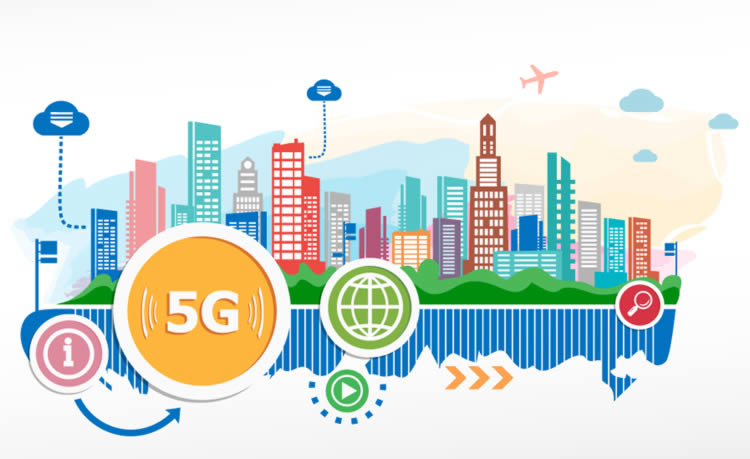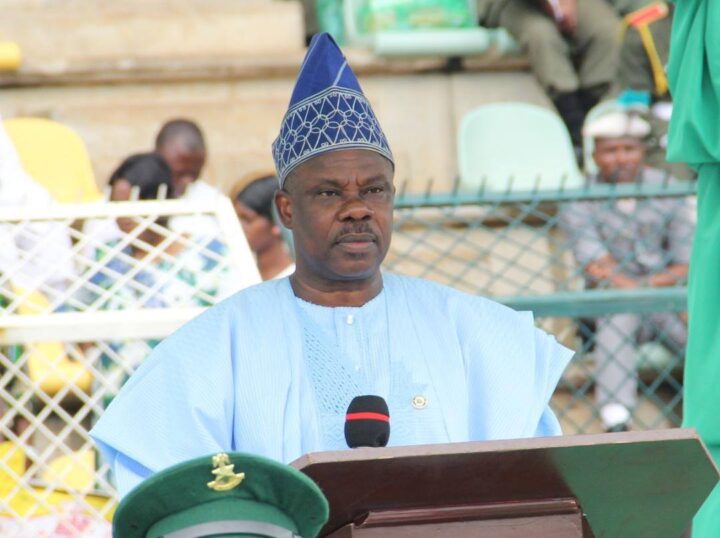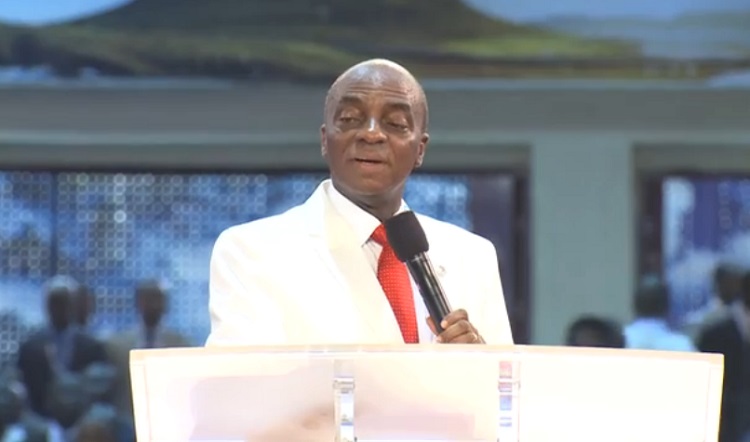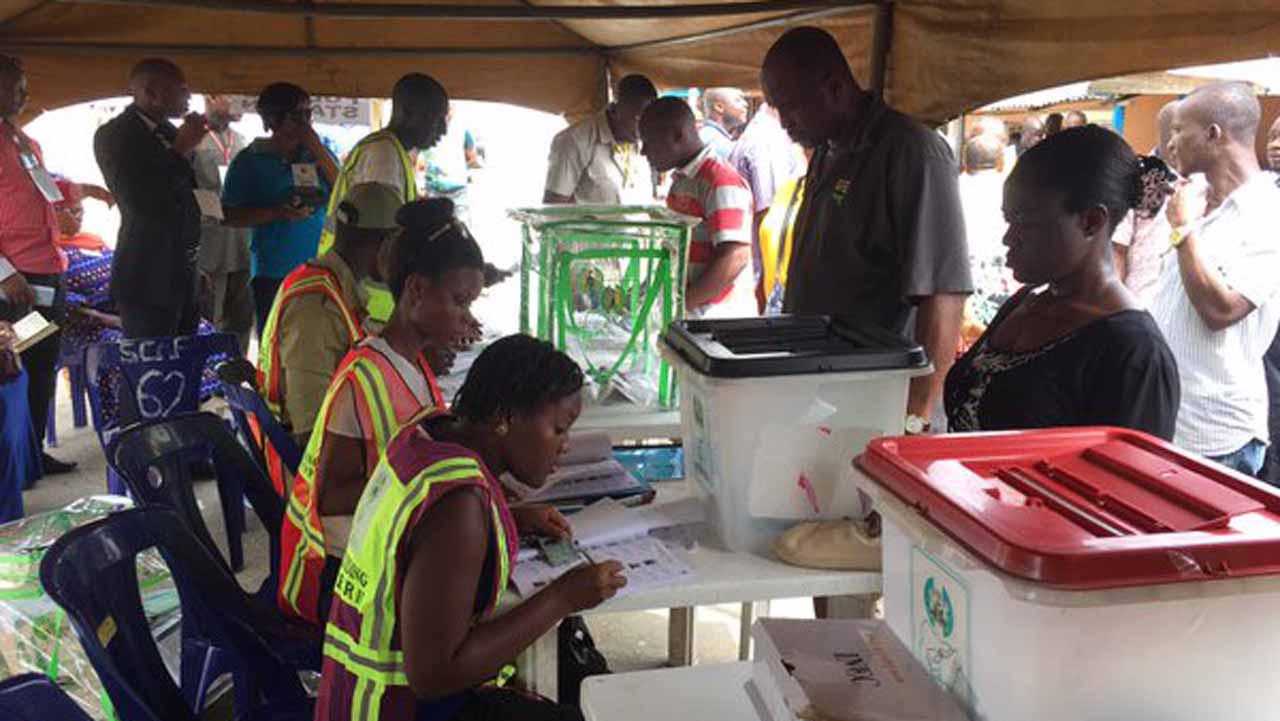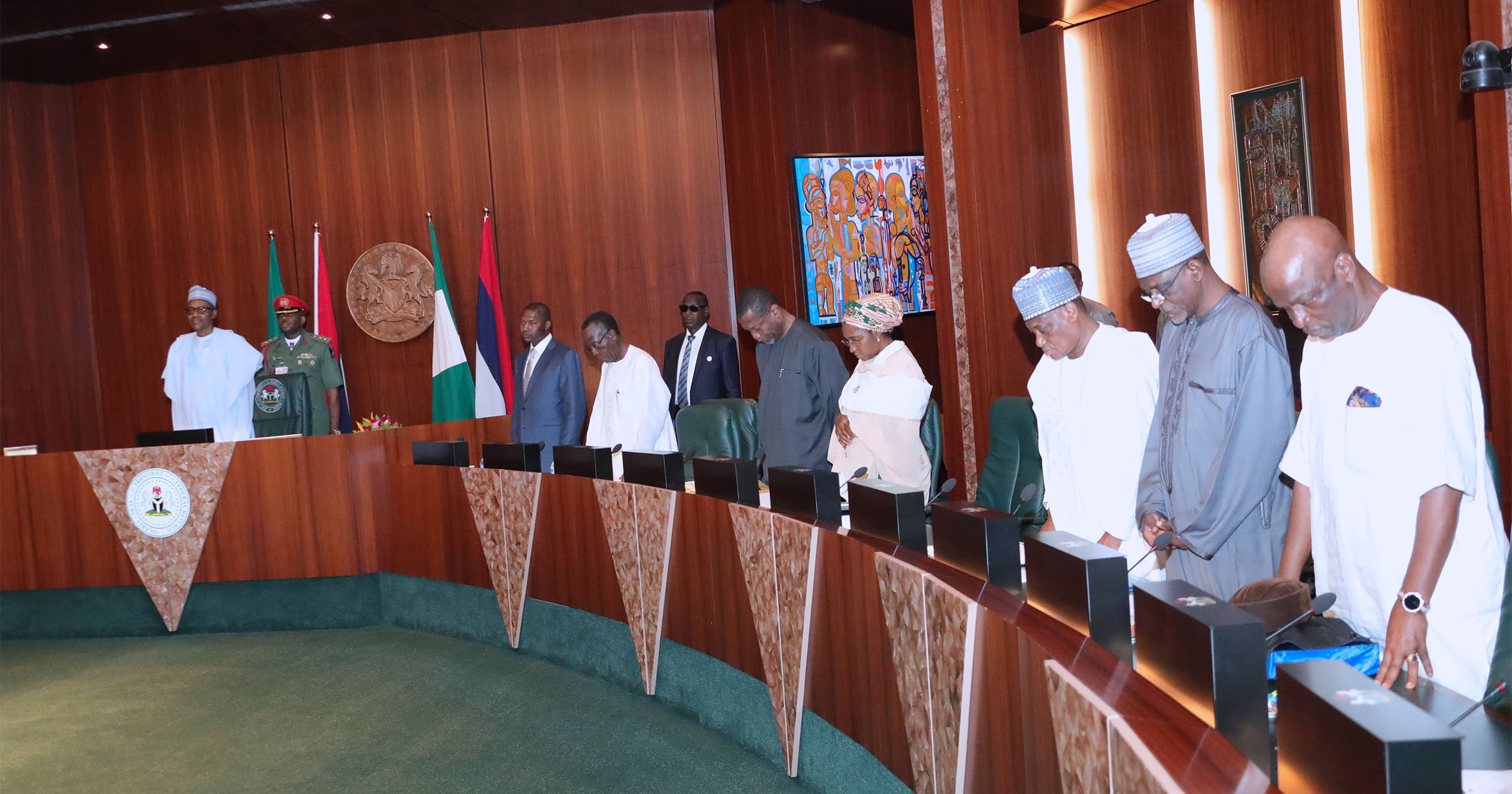I suppose you know this already but let me say it still; this 2018, Nigeria as the 6th largest exporter of crude oil in the world, is still generating revenue from the sales of crude oil. Last year, we earned an estimated N1, 213 trillion in crude oil and gas export sales. In Africa, it was only last year that Angola overtook us as the largest exporter of oil.
Nigeria is still generating revenue from imports and exports from Apapa port and Tin can Island Port bearing in mind that sometime last year, the controller-general of Nigeria Customs, Rtd Col Hameed Ali, had to swear to high heavens that his agency remitted a whopping N1 trillion to the federal government. And Nigeria is still getting revenue from tax. Just this year 2018, the chairman, Federal Inland Revenue Service (FIRS), Tunde Fowler, boasted to us how his agency collected a massive N4.03 trillion from tax in 2017. But here is what is crucial – what difference have all these revenue generation made in the lives of the masses?
I mean we earned that much and then what? How have these figures translated in the quality of the lives of Nigerians except enriching a minority – our few political class and further impoverishing majority? Did our huge earnings stop us from being one country with the highest number of VERY poor citizens in the world in 2018?
That at a growing rate of every one minute, 6 Nigerians slip into poverty joining the already 87 million Nigerians living in extreme poverty? What has changed? It is quite a fact that we have failed at mobilizing our revenue for the greater good of citizens. There isn’t any significant economic growth that we can boast of. If we try to do that, we are just making empty boasts. An airbag of lies and outlandish pretense. Because how can we say things have really changed for the better in Nigeria, yet we have become the World’s headquarters of poverty. It doesn’t make any sense. I bet the only change we can confidently boast about is the retrogression we have witnessed as a country.
Advertisement
If you doubt it, let’s look at the progress we made in yesteryears so we can take stock with today’s. It is the public primary, secondary and universities that were built and fully functional and accessible to all classes of Nigerians in the 70s and 80s that are still available and have even deteriorated now. Even the rich folks of those years attended public schools. They should – there was something to be proud of the quality of the teachers who weren’t owed salaries and entitlements, the standards of equipment and the excellent researches that came out of the universities.
I wasn’t born in that period but I heard stories from my parents and older people I looked up to and had conversations with. I also did some research on my own. From what I gathered, in that period, each state had a government established a top-notch hospital that was well-equipped and fully staffed with experts in all fields of medical practice. Ordinary Nigerians had access to quality healthcare and didn’t have to pay outrageous fees in order to be cared for. People hardly died from lack of bed space and even simple treatable diseases like malaria and typhoid.
This is 2018 and a lot has changed – in the negative. Though we are most likely to say the negative changes didn’t start per se in 2018 but we must look at how far gone in retrogression we have become now. I will give you some statistics. You may correct me if you know I have lied shamelessly. In 2018, we have more than 11 million out of school children roaming around the streets and corners of Nigeria. This one gives me sleepless nights. Pray tell, how can a country which prides itself to be the giant of Africa have that outrageous number of children who cannot access as basic as a primary school education, and who remain vulnerable to disease, danger and early death. Such a crying shame. It is evident that Nigeria is retrogressing on a daily count.
Advertisement
Public owned universities which are currently on strike, as usual, have become very corrupt systems that alienate poor Nigerians who do not have money to bribe their way into studying. The standard in all our levels of education have fallen gravely and I dare say beyond redemption; teachers are owed salaries for months and even years, classrooms are dilapidated, and our curriculum is out of tune with current global times.
The rest of the world has left us behind in education innovation. Every year qualified Nigerian doctors take international qualifying exams like PLAB and leave Nigeria to the UK, US, Singapore, Dubai, and even India which we have overtaken with the status for the world’s capital for poverty. The number of doctors emigrating out of Nigeria increased radically this year, about 2500 doctors left Nigeria. Data shows that we currently have one doctor to 4000 patients, which grossly vary with the WHO recommendation of one doctor to 600 patients. Do we say amen to this?
We like to play politics with everything in Nigeria. We are masters at playing the ethnic, regions and region cards even as we waste away in poverty while our slave masters who we call leaders continue to steal our wealth, enriching themselves while feigning ignorance of the driving cause of our strife and divineness. But if you are one genuinely concerned citizen like me who dispassionately needs a working Nigeria with basic amenities that are accessible to ease the burden of life, and allow one reap the gains of being a hard working in a system that rewards such, you will need to constantly wear the cap of introspection and beam your focus on the past and present and ask hard yet illuminating questions. This will do us a lot of good.
Are we moving forward or backward as a country? Are we really making meaningful progress that impacts the well-being of nearly 200 million Nigerians? Are we moving in circles and grasping for air while deceiving ourselves that things are changing? Or is a case of the more things change, the more they remain the same (a line I borrowed from one of Mr Simon Kolawole’s article)? These are the questions worth introspecting over.
Advertisement
You don’t even have to search hard to realize that it seems the only progress we have steadily made as a country that likes to pride itself as the giant of Africa and the most populous black nation on earth is planning and executing election every four years spending millions of naira on it which I think is totally wasteful and an avenue for the political class to keep getting richer.
Just in April, there was only a slight increase of just 5,090 megawatts in electricity generation, the highest this year so far serving a population of nearly 200 million citizens. Millions of people live in perpetual darkness. What do you say to this? For being the country with the worst problematic electricity sectors in the world, we can all agree that Nigeria is chronically infested with an inability to solve its power problems.
And do you know that a recent bi-annual report by the World Bank shows that by 2021 which is in 3 years’ time, Nigeria will overtake India as the country with the highest number of child deaths occurring under the age of five? And this does not take away the fact that more than anywhere on earth, children in Nigeria die from malaria disease. What a crying shame!
Views expressed by contributors are strictly personal and not of TheCable.


